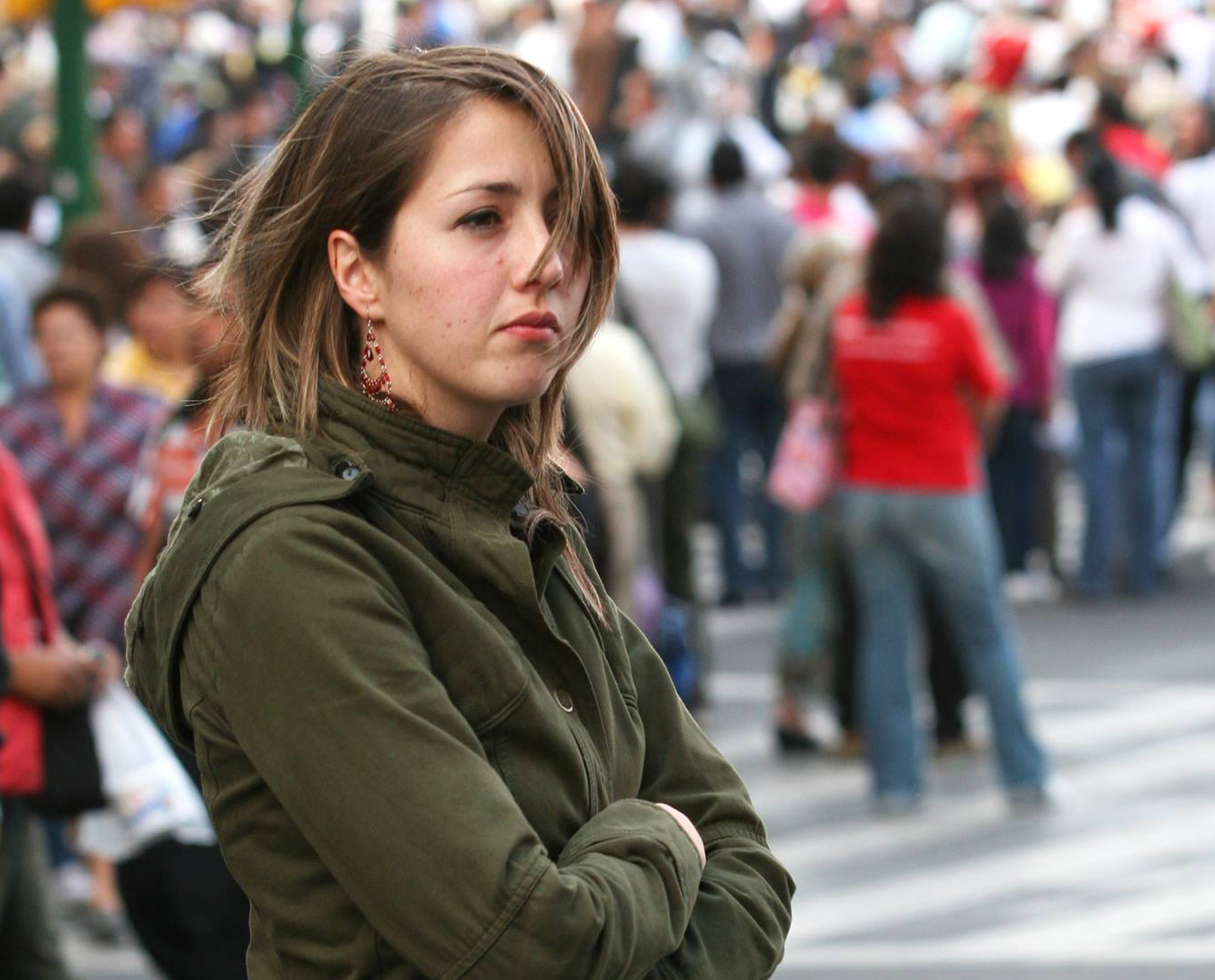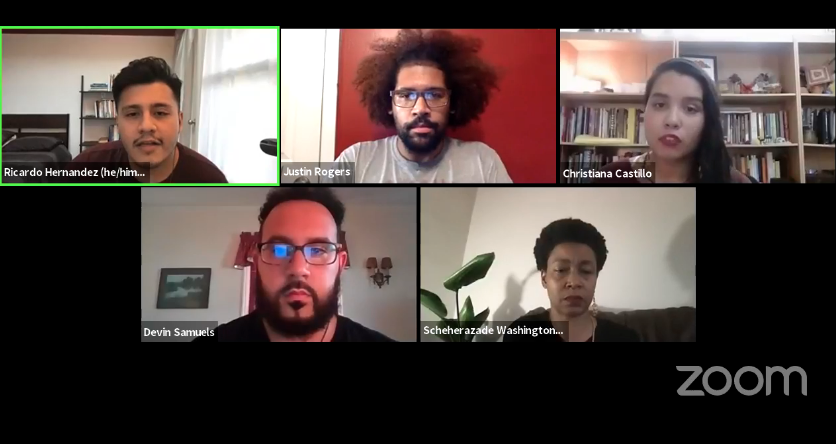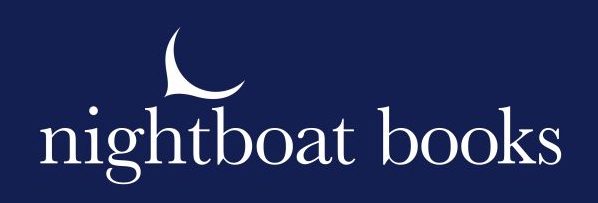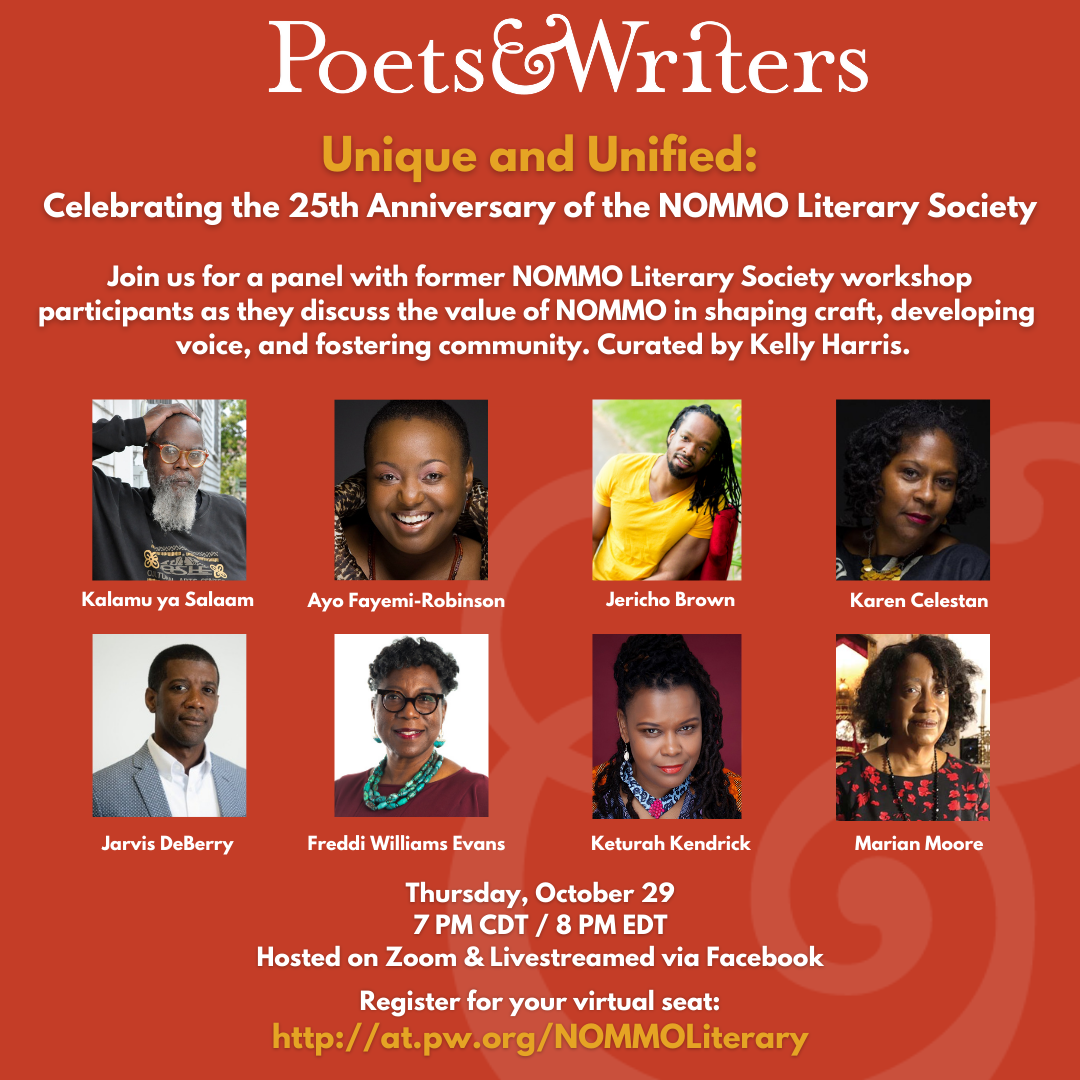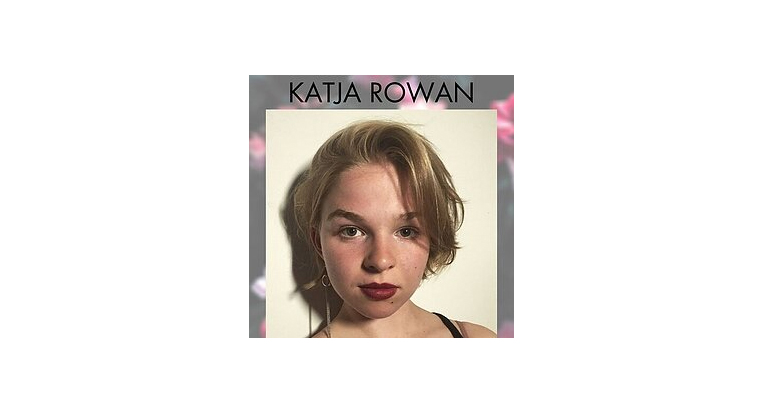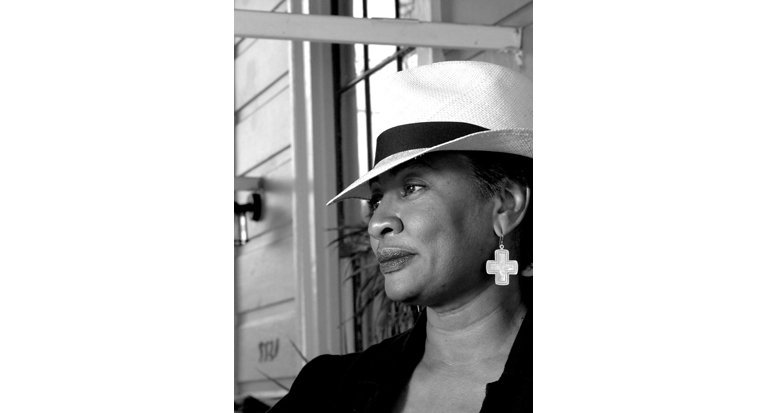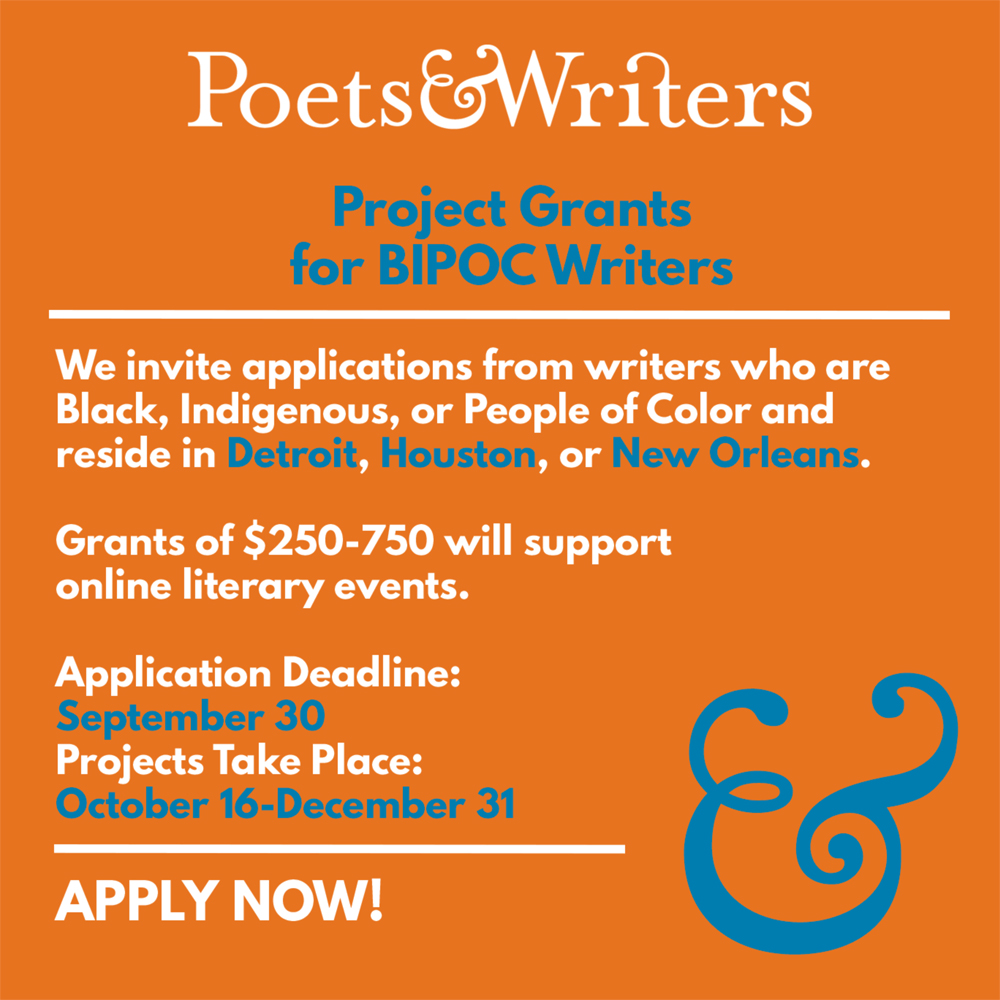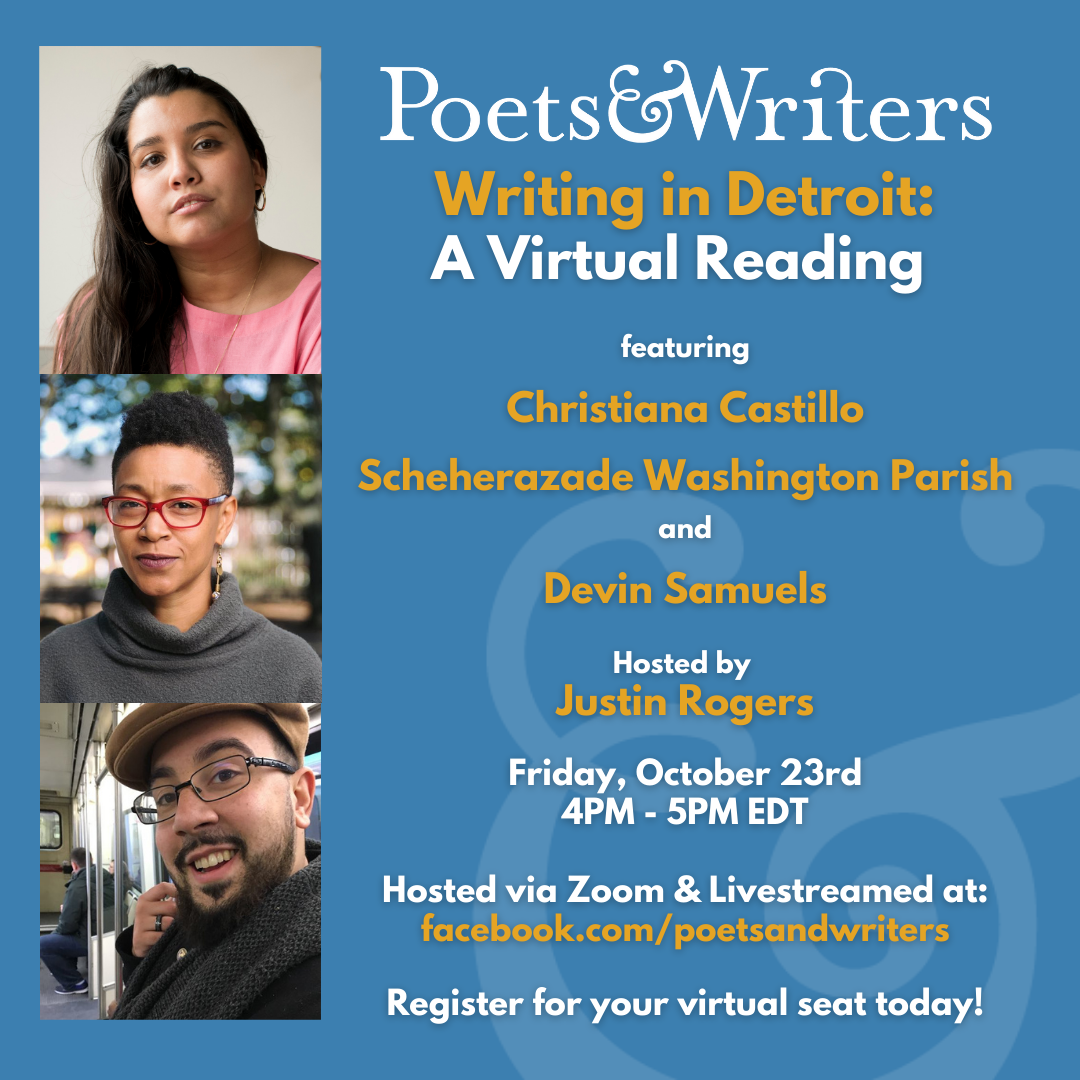Upcoming Contest Deadlines
Dreaming of a post-pandemic future? Consider submitting to one of the following contests, which include opportunities to travel—public health conditions permitting—to Ireland and Texas. All close on November 30 and offer a cash prize of $1,000 or more.
Beloit Poetry Journal Chad Walsh Chapbook Series: A prize of $2,500, publication by Beloit Poetry Journal, and 50 author copies is given annually for a poetry chapbook. The editors will judge. Entry fee: $20.
BOA Editions A. Poulin Jr. Poetry Prize: A prize of $1,000 and publication by BOA Editions is given annually for a first book of poetry by a U.S. resident. Aimee Nezhukumatathil will judge. Entry fee: $25.
Fish Publishing Fish Short Story Prize: A prize of €3,000 (approximately $3,939) and publication in the annual Fish Publishing anthology is given annually for a short story. The winner will also be invited to attend a five-day short story workshop and read at the West Cork Literary Festival in West Cork, Ireland, in July 2021. Emily Ruskovich will judge. All entries are considered for publication. Entry fee: €20 (approximately $26) for online submissions or €22 (approximately $29) for submissions by mail.
LitMag Anton Chekov Award for Flash Fiction: A prize of $1,250 and publication in LitMag will be given annually for a piece of flash fiction. The winner will also have their work reviewed by agents from the Bent Agency, Brandt & Hochman, Folio Literary Management, InkWell Management, Sobel Weber Associates, and Triangle House Literary. The editors will judge. All entries are considered for publication. Entry fee: $16.
Munster Literature Center Gregory O’Donoghue International Poetry Prize: A prize of €2,000 (approximately $2,378), publication in Southword, and a weeklong residency at the Tyrone Guthrie Centre in Annaghmakerrig, Ireland, is given annually for a single poem. Peter Sirr will judge. Entry fee: €7 (approximately $8) for one poem or €30 (approximately $35) for five poems.
Narrative Fall Story Contest: A prize of $2,500 and publication in Narrative is given annually for a short story, a short short story, an essay, or an excerpt from a longer work of prose. A second-place prize of $1,000 and publication in Narrative is also awarded. The editors will judge. All entries are considered for publication. Entry fee: $27.
Quarter After Eight Robert J. DeMott Short Prose Contest: A prize of $1,008.15 and publication in Quarter After Eight is given annually for a prose poem, a short short story, or a micro-essay. Dinty W. Moore will judge. All entries are considered for publication. Entry fee: $15.
University of North Texas Rilke Prize: A prize of $10,000 is given annually for a poetry collection published in the previous year by a mid-career poet. Public health conditions permitting, the winner will also receive airfare and lodging to give a reading at the University of North Texas in April 2021. U.S. poets who have previously published at least two poetry collections are eligible. The poetry faculty of the University of North Texas will judge. Entry fee: none.
White Pine Press Poetry Prize: A prize of $1,000 and publication by White Pine Press is given annually for a poetry collection by a U.S. citizen. Entry fee: $20.
Visit the contest websites for complete guidelines, and check out the Grants & Awards database and Submission Calendar for more contests in poetry, fiction, and creative nonfiction.





